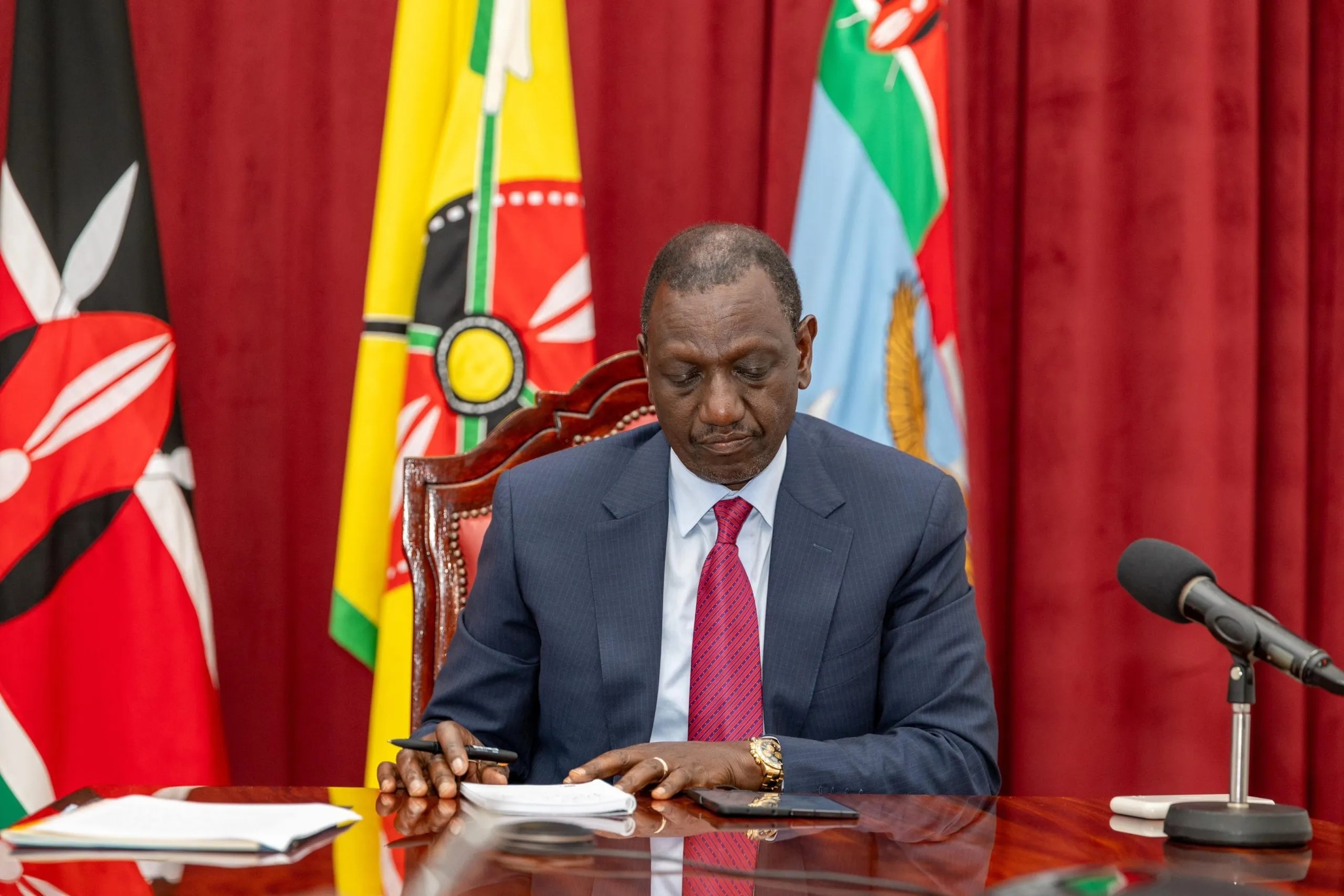Failure by three Mpesa account holders to comply with court orders has cost them a suit in which they were seeking over Sh300bn in damages from Safaricom and its affiliate firms.
High court Judge Nixon Sifuna had on October 4 this year ordered the plaintiffs in the suit to file the necessary documents required to support their suit against Safaricom, Vodafone Group Plc, MPesa Holding company, and Central Bank of Kenya among others.
The Judge had given them 21 days to comply failure to which their suit would become automatically dismissed.
In this suit, the plaintiffs Gichuki Waigwa, Lucy Nzola and Godfrey Okutoyi sought several declarations among them an order requiring M-Pesa Holding Company Limited to disclose its Annual Reports and Accounts from the date of its incorporation on September 11, 2006, to date.
They also sought an order lifting the corporate veil on Safaricom.
When the matter came up for hearing on Wednesday, Counsel Wilfred Nderitu representing the plaintiffs admitted that he had not complied with the court's directions.
Nderitu requested not more than 14 days to file and serve a list of documents, a list of witnesses, and witness statements except for expert witnesses.
“I apologize. I’m willing to burn the midnight oil to have the documents in by 14 days starting today,” he said.
But Safaricom as represented by Njoroge Rigeru said Nderitu should have been more diligent to prosecute the suit on account of it being a public interest matter.
He said going by the Judges' orders issued on October 4, there is currently no suit to be argued out.
“Your order was self-executing meaning this matter stood dismissed as from 25 October," he told the Judge.
Justice Sifuna in a brief ruling said a court order is not an essay to be corrected.
“It must be obeyed. They are not made in vain. The October 4 order was clear and self-executing. Due to the plaintiff's inactivity and consistent noncompliance with the said order, they have dismissed their suit. There being no applications by them for revival or reinstatement of the suit, let it rest in peace,” said the Judge.
He said each party will bear its own cost since the matter was a public interest suit.
The ruling by the court rendered all other applications in the suit ‘dead’.
He however said that the Plaintiffs are free to file a fresh suit if they wish.
“But let them do so with diligence. As the saying goes once bitten twice shy,” said the Judge.
The plaintiffs filed the case in court in March this year.
Sh305 billion in damages from the defendants for fraudulent misrepresentation, material non-disclosure of facts, illegal and unlawful investment of M-Pesa account holders’ funds, predatory lending practices, and charging of exorbitant interest rates.
They had also asked the court to find that there has at no time been any legal between the Vodafone Group Plc and the M-Pesa Account holders since the inception of the M-Pesa Service by which the Vodafone Group Plc could be said to have been lawfully holding funds belonging to M-Pesa Accountholders.
They wanted the court to find that M-Pesa Accountholders’ funds were siphoned off to the Vodafone Group Plc, and mixed with funds belonging to the Vodafone Group Plc, in circumstances amounting to illicit financial flows and unjust enrichment.
Also sought in their dismissed suit was a Declaration that the Fuliza overdraft service was illegal and unlawful because it did not have a proper and effective regulatory framework, leading to predatory lending through the charging of usurious interest rates.



















